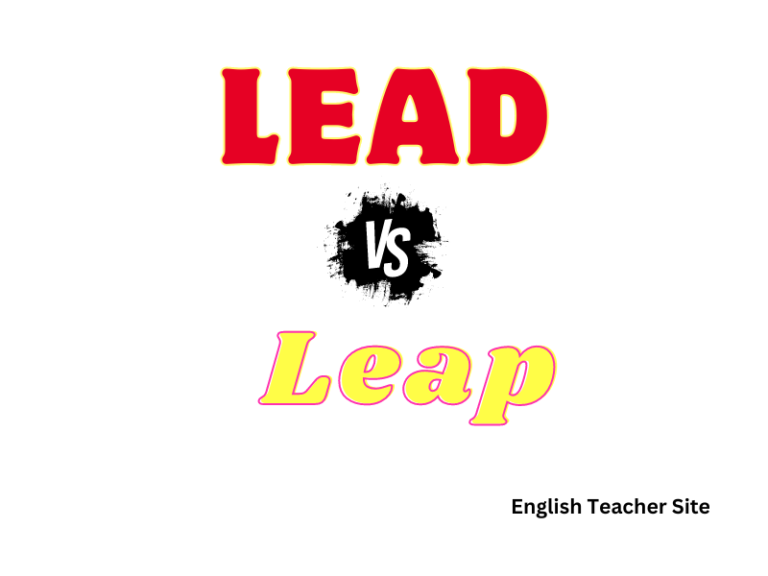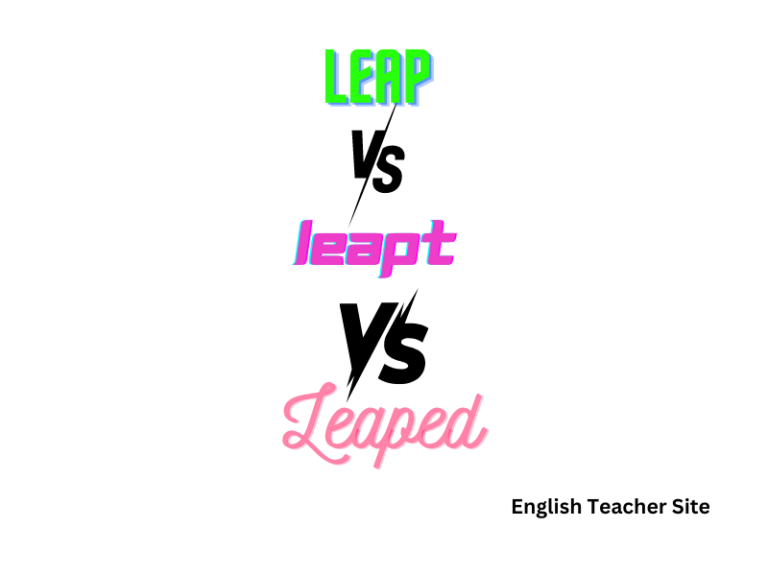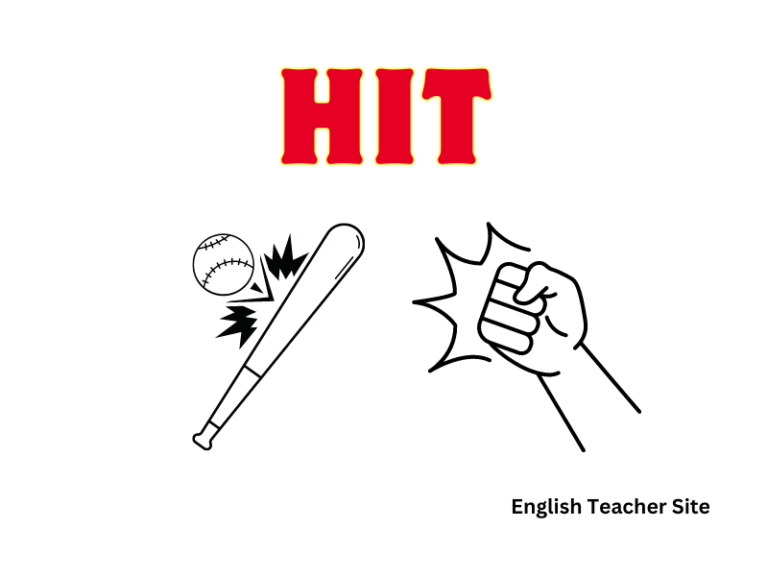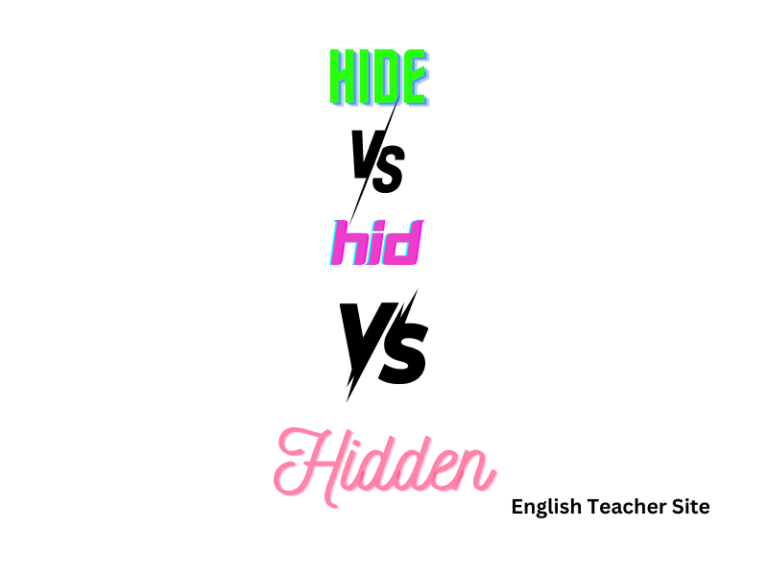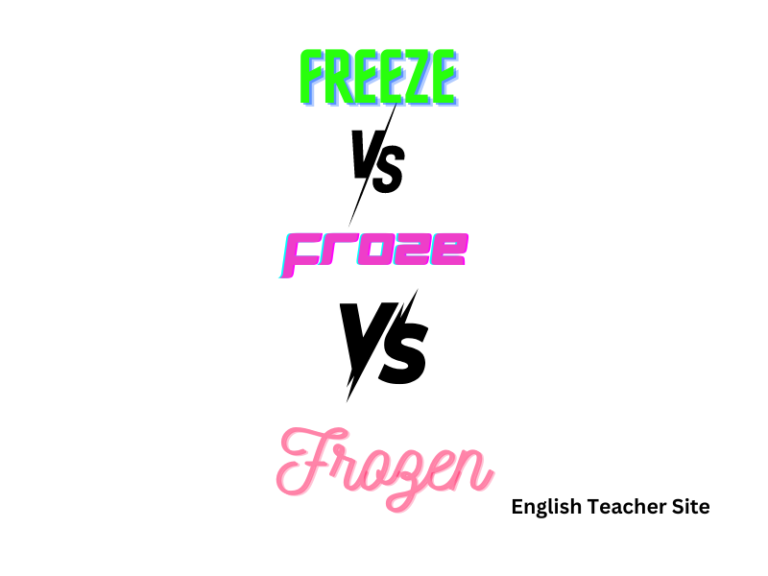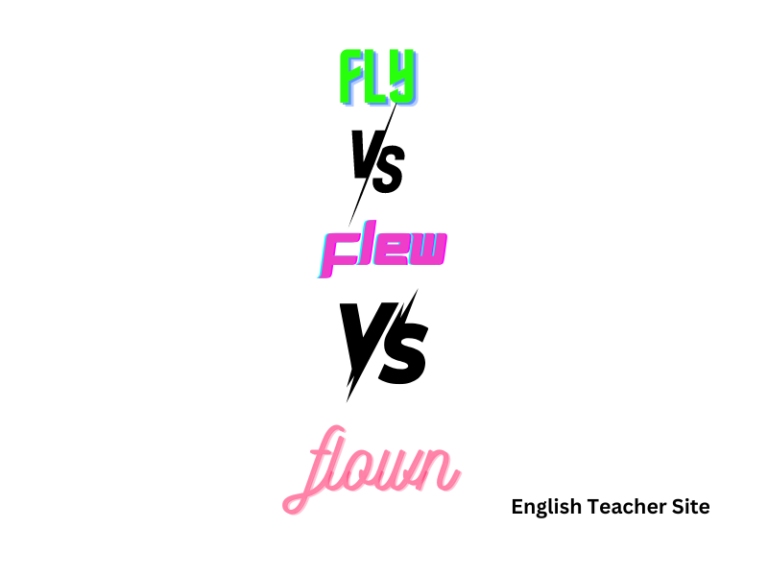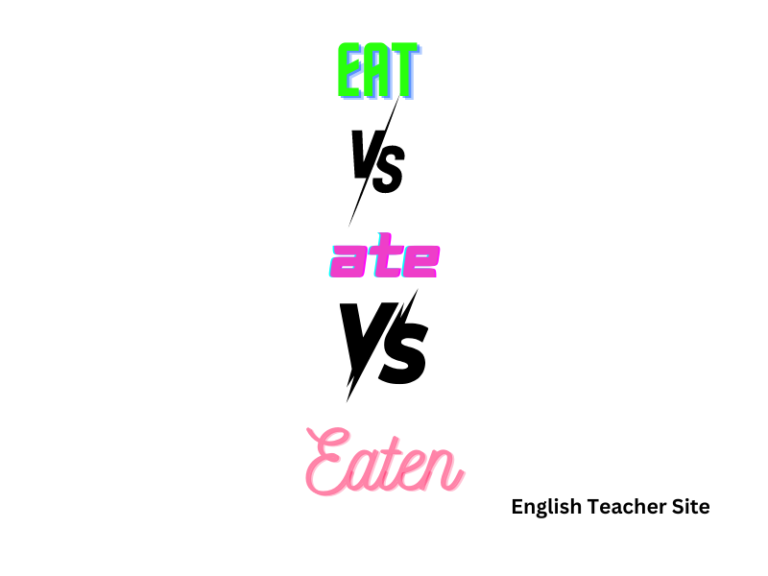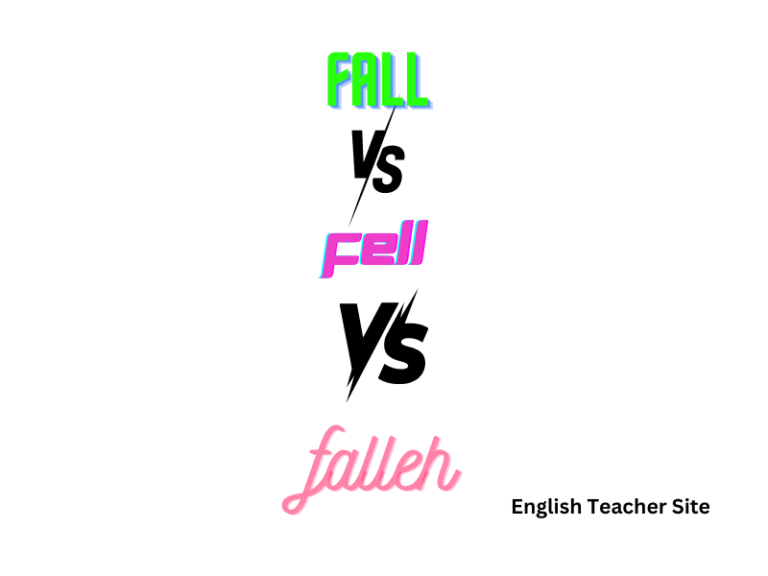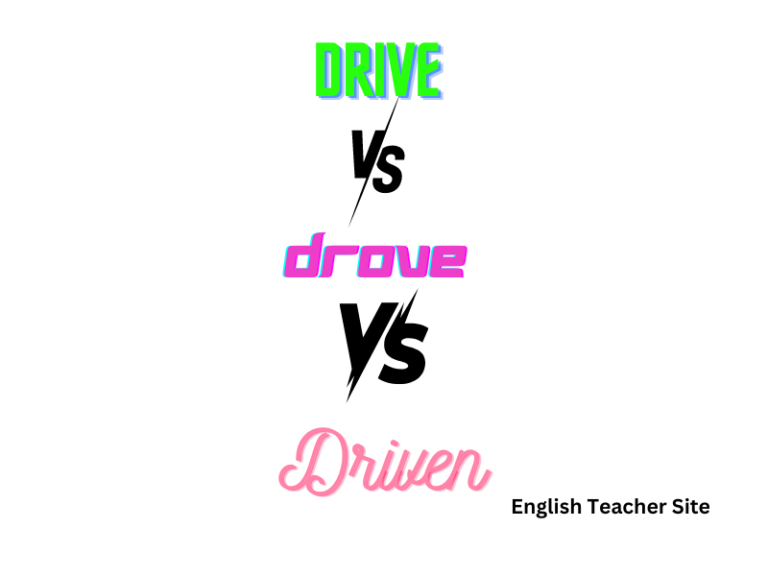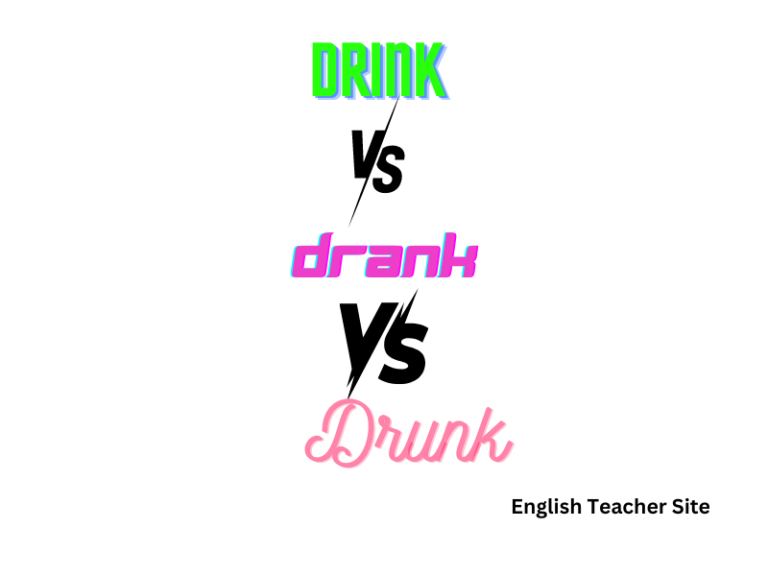What’s the Past Tense of Lead: Understanding Verb Conjugations
The correct past tense of “lead” is “led,” rhyming with “red.” This simple, three-letter word is where some of the English language’s complexities surface, revealing the idiosyncrasies within what appears straightforward. Knowing how to navigate these irregularities empowers effective and accurate communication, particularly in written contexts. Understanding Leap Verb Forms The verb “lead” can often…

